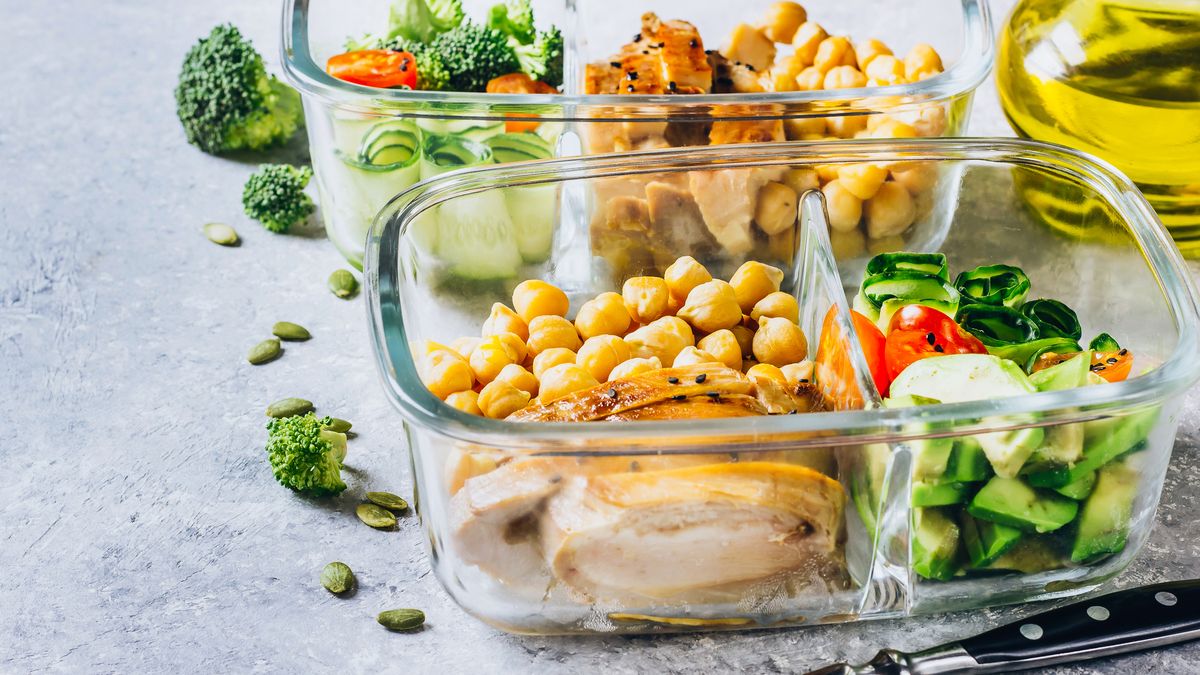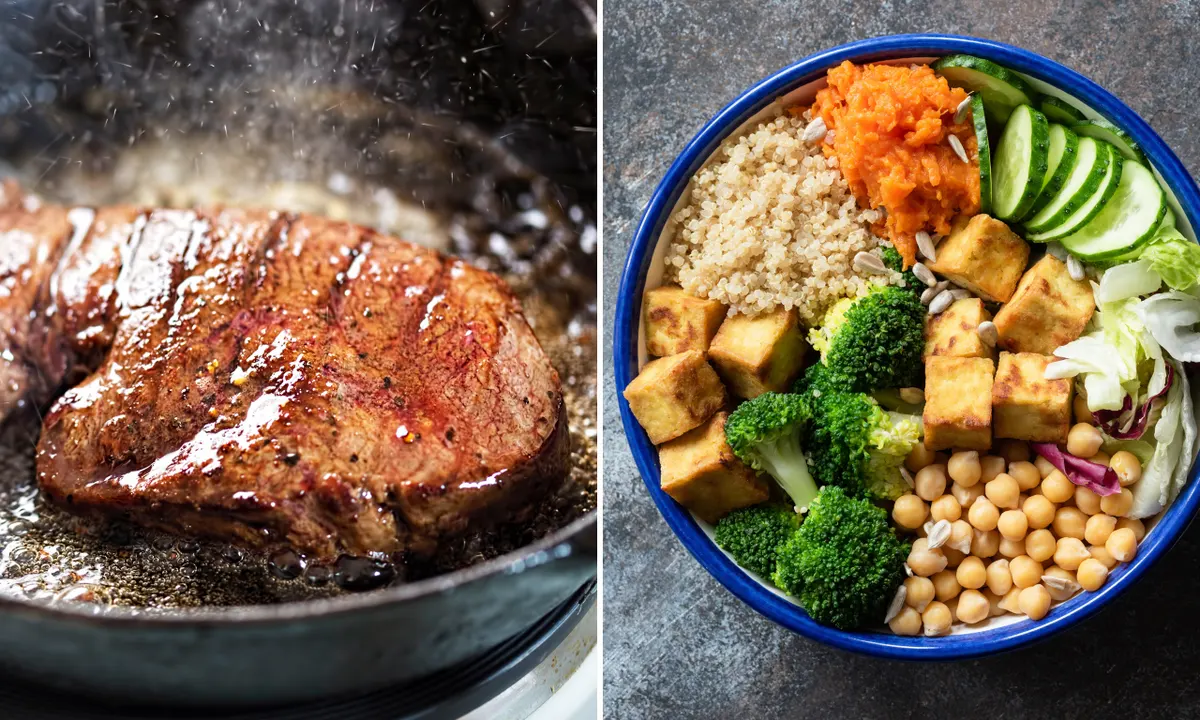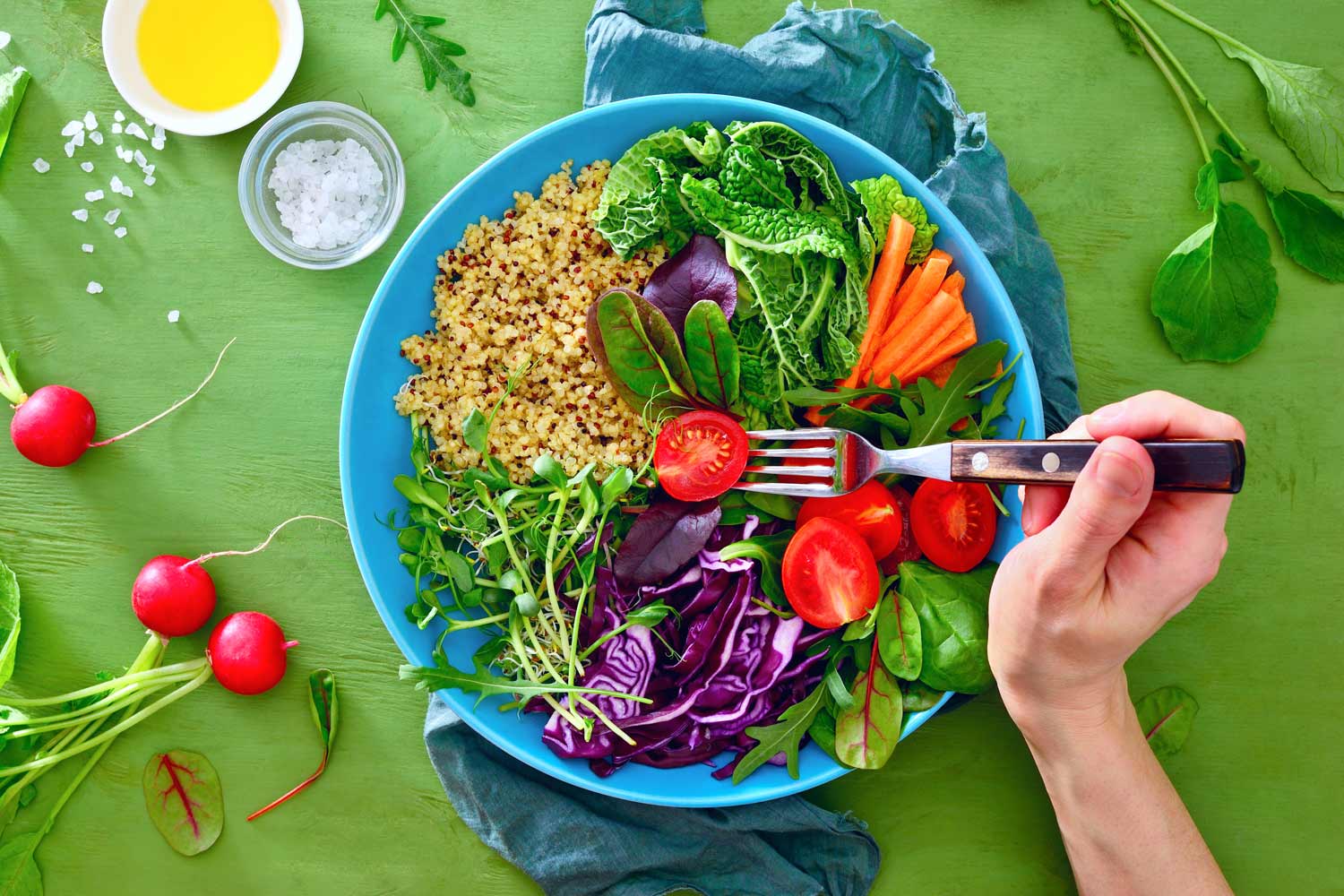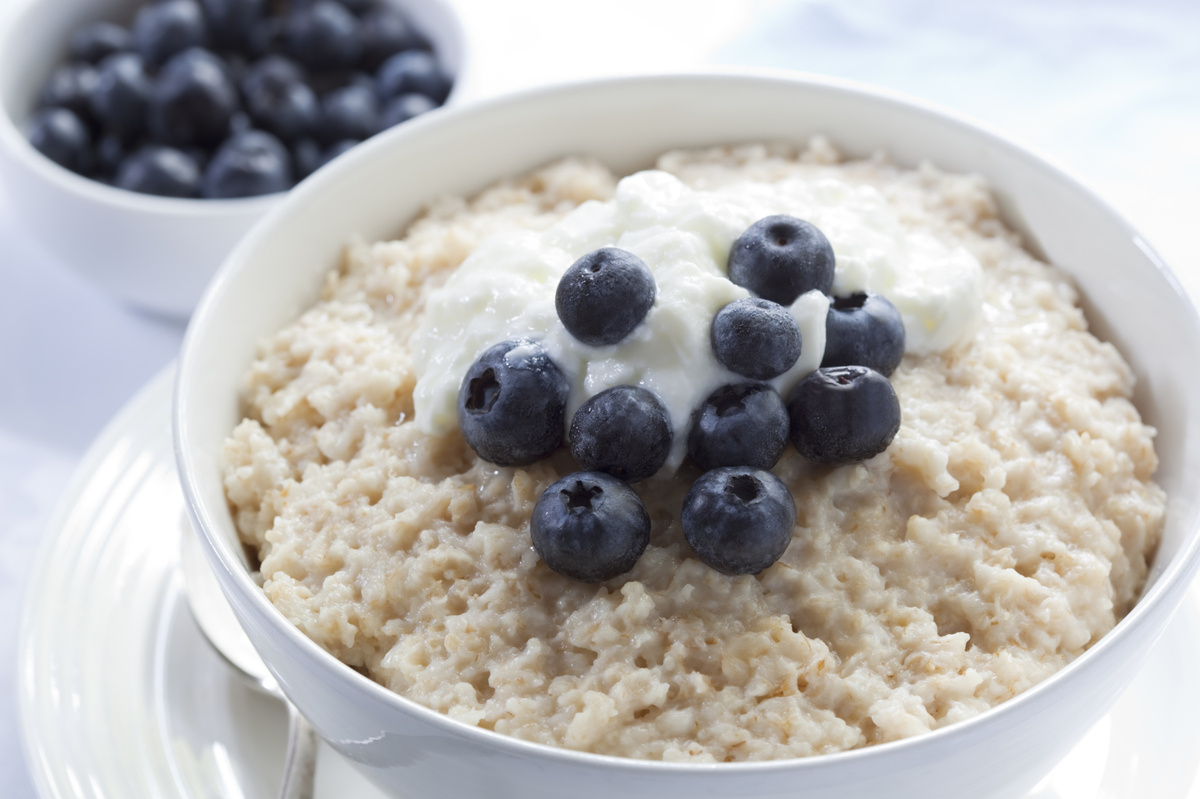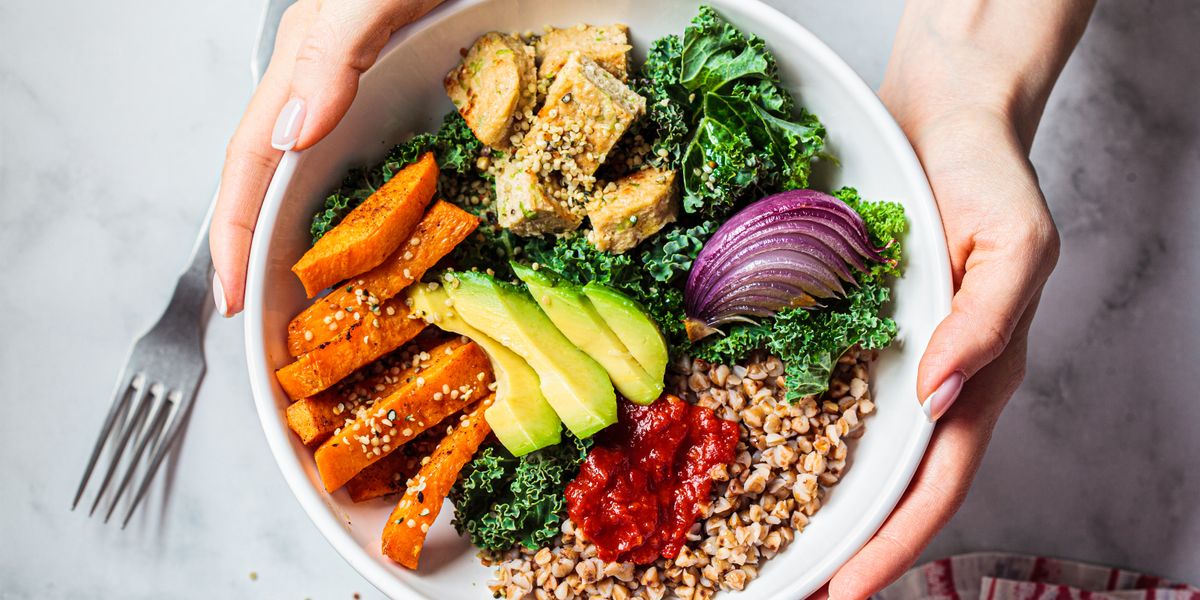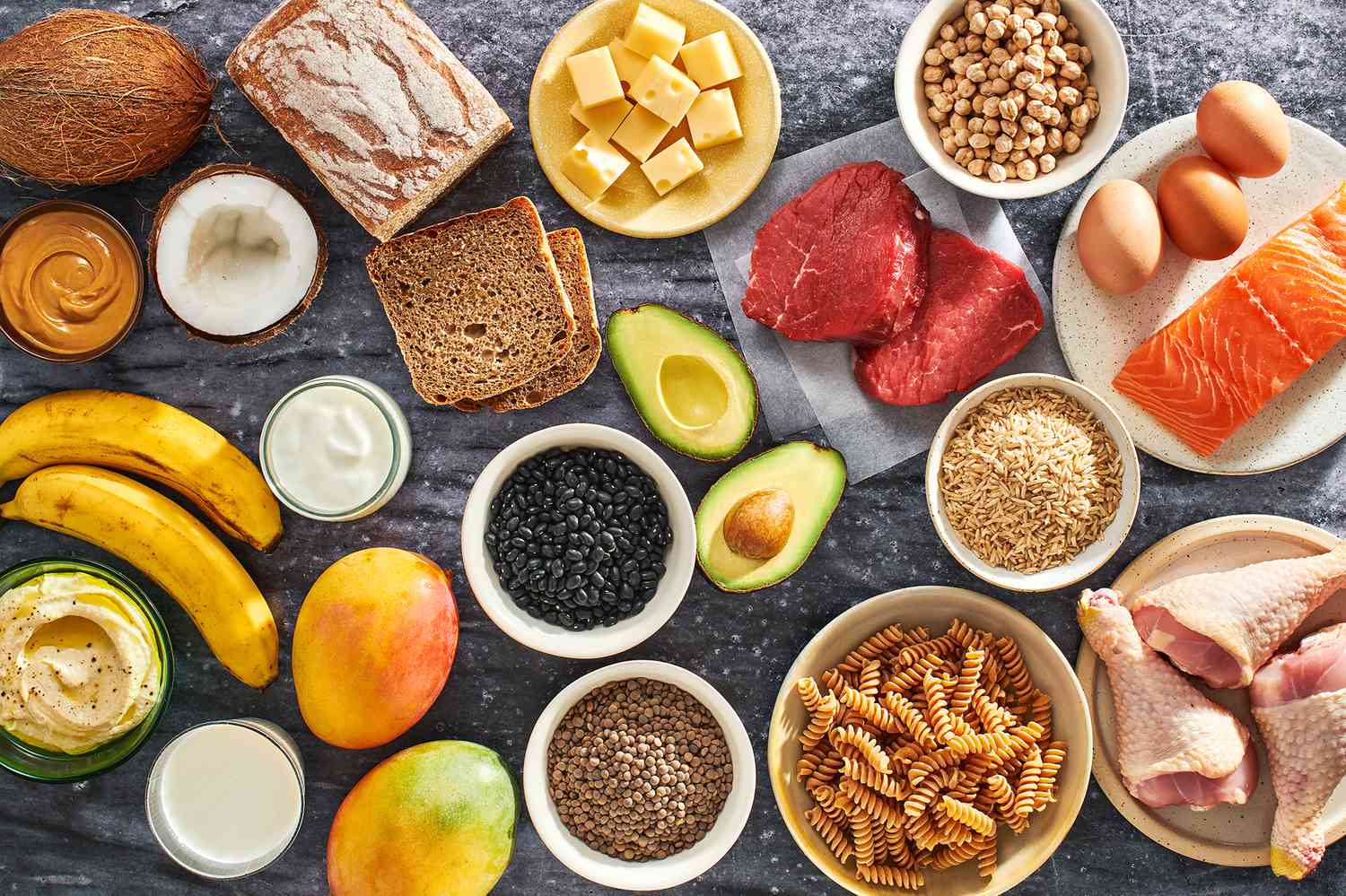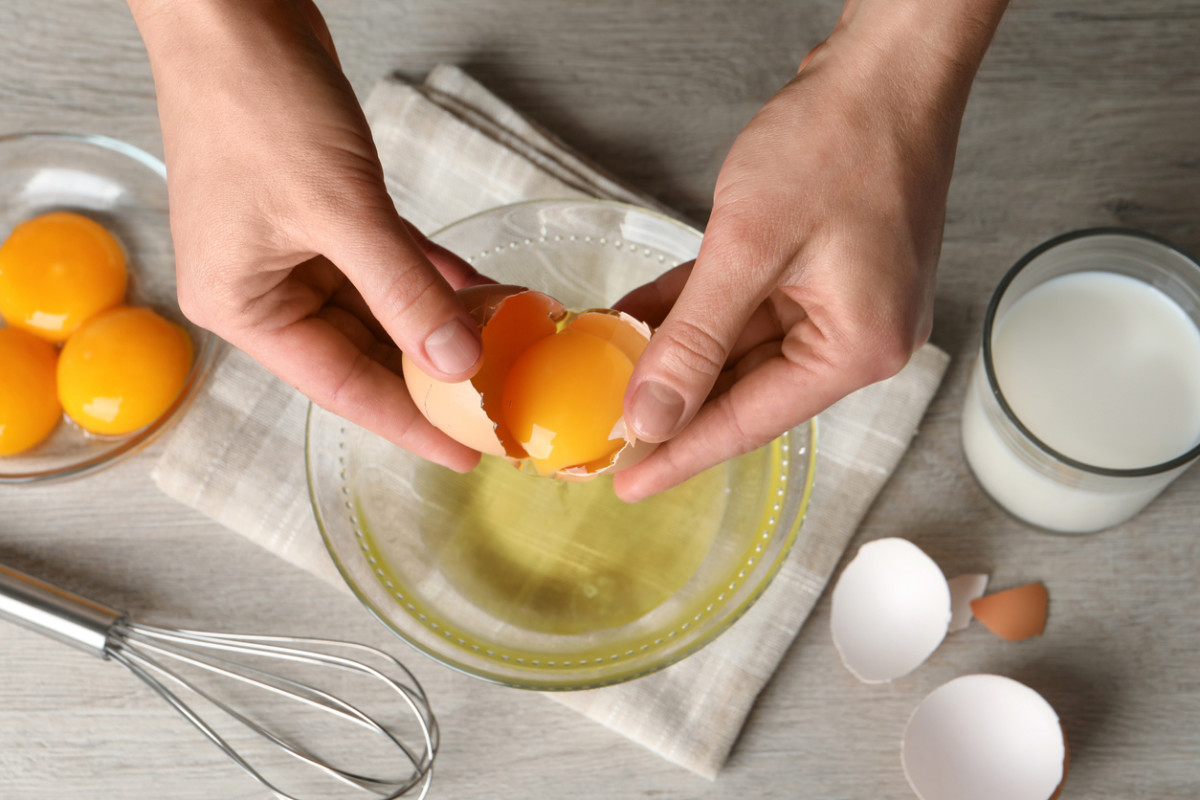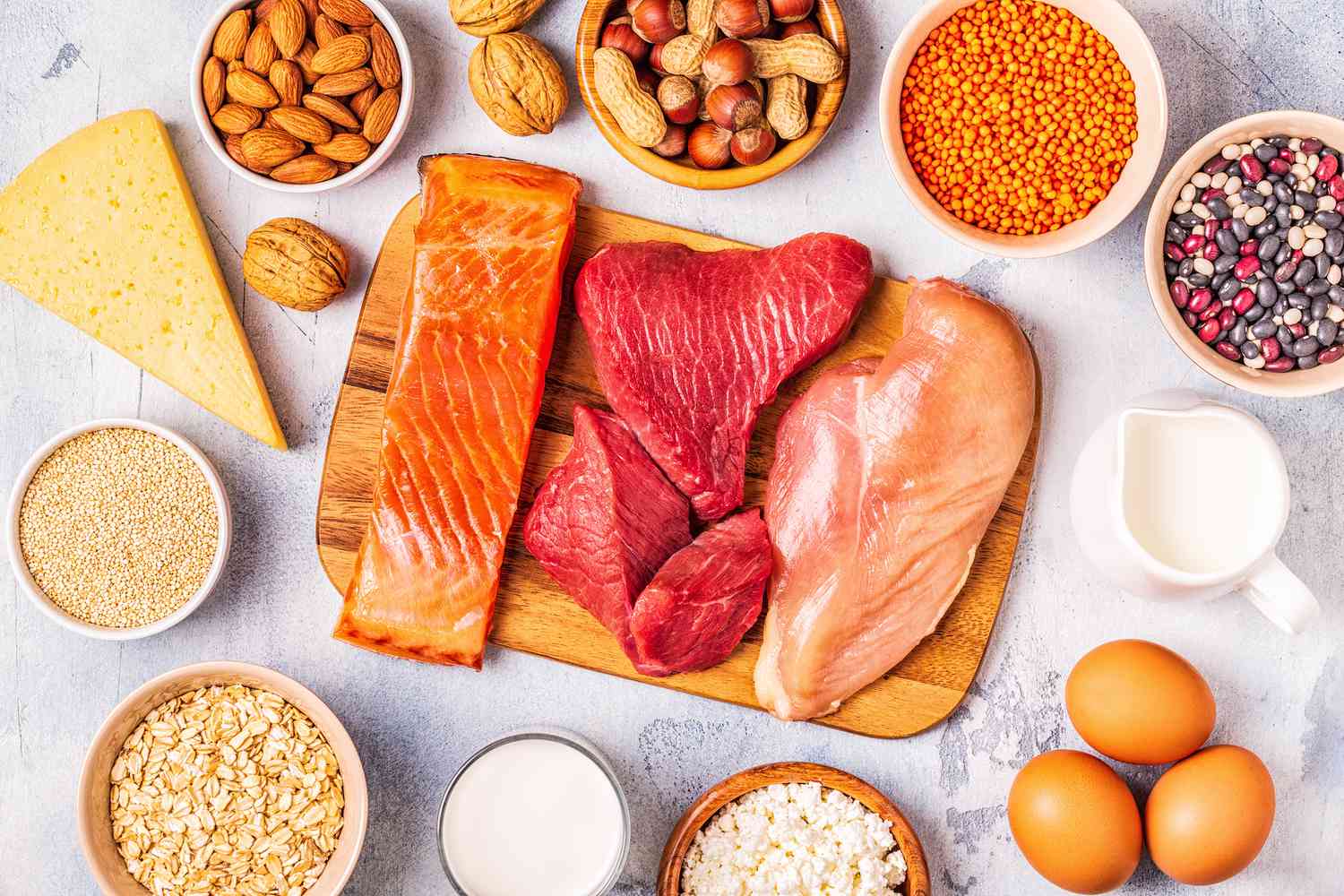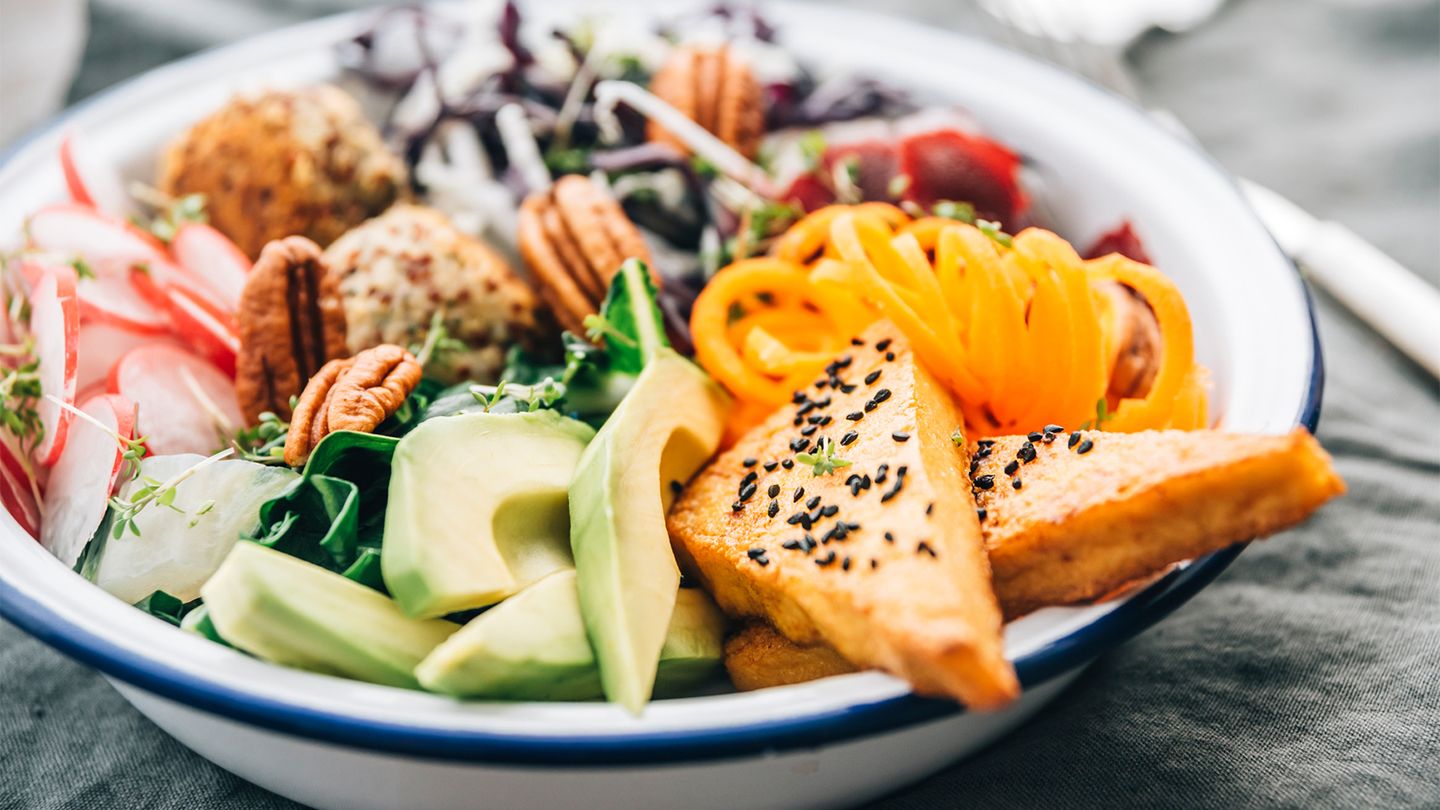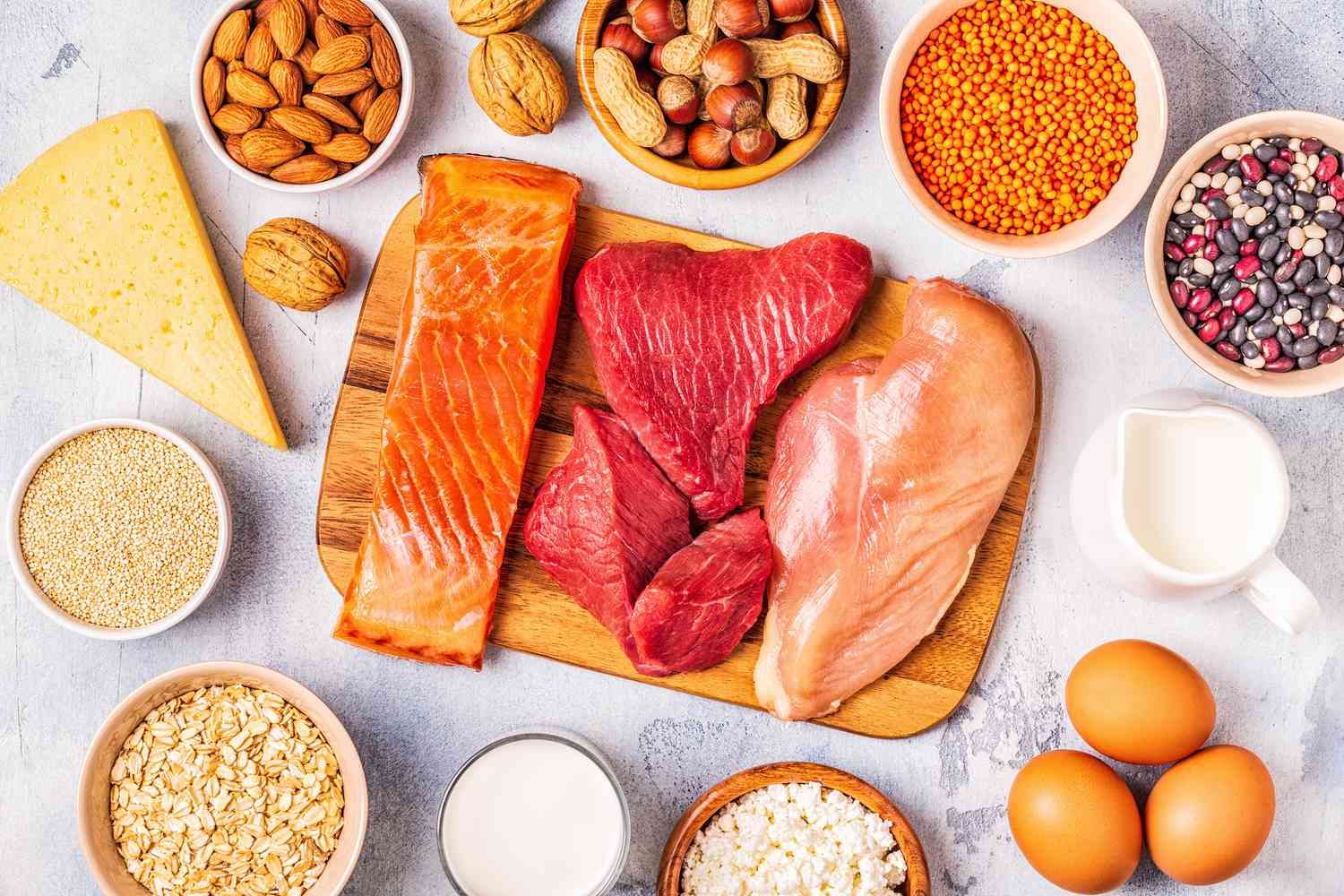Why Protein Is Important
Protein is an essential macronutrient that plays a crucial role in the body. It is necessary for building and repairing tissues, making enzymes and hormones, and supporting a healthy immune system. Including an adequate amount of protein in your diet is important for overall health and well-being.
Sources of Protein
There are many sources of protein that you can incorporate into your diet. Some of the best sources of protein include:
- Lean meats such as chicken, turkey, and lean cuts of beef
- Fish and seafood
- Eggs
- Dairy products such as milk, yogurt, and cheese
- Legumes such as beans, lentils, and chickpeas
- Nuts and seeds
- Tofu and other soy products
How To Eat A Protein-Rich Diet
Now that you know the importance of protein and the sources of protein, let’s discuss how you can eat a protein-rich diet.
Include Protein In Every Meal
One of the best ways to ensure that you are getting enough protein is to include it in every meal. This can be as simple as adding some Greek yogurt to your breakfast, having a piece of grilled chicken with your lunch, and enjoying a piece of fish with your dinner.
Snack On Protein-Rich Foods
Snacking on protein-rich foods can help you meet your daily protein needs. Some great protein-rich snack options include hard-boiled eggs, cottage cheese, nuts, and seeds.
Choose Lean Protein Sources
When selecting protein sources, opt for lean options whenever possible. Lean meats, poultry without the skin, and low-fat dairy products are great choices for getting protein without excess saturated fat.
Experiment With Plant-Based Proteins
If you follow a vegetarian or vegan diet, or if you simply want to incorporate more plant-based proteins into your meals, there are plenty of options to choose from. Experiment with tofu, tempeh, edamame, and a variety of beans and legumes to find delicious and nutritious plant-based protein sources.
Use Protein Supplements If Needed
If you struggle to meet your protein needs through whole foods alone, protein supplements can be a convenient way to boost your protein intake. Whey protein, pea protein, and soy protein powders are popular options that can be added to smoothies, oatmeal, or yogurt for an extra protein punch.
Conclusion
Eating a protein-rich diet is important for overall health and can be easily achieved by including a variety of protein sources in your meals and snacks. Whether you prefer animal-based or plant-based proteins, there are plenty of options to choose from to help you meet your protein needs and support your health and well-being.
By following these simple tips, you can ensure that you are getting enough protein in your diet to support your body’s needs and maintain optimal health.
